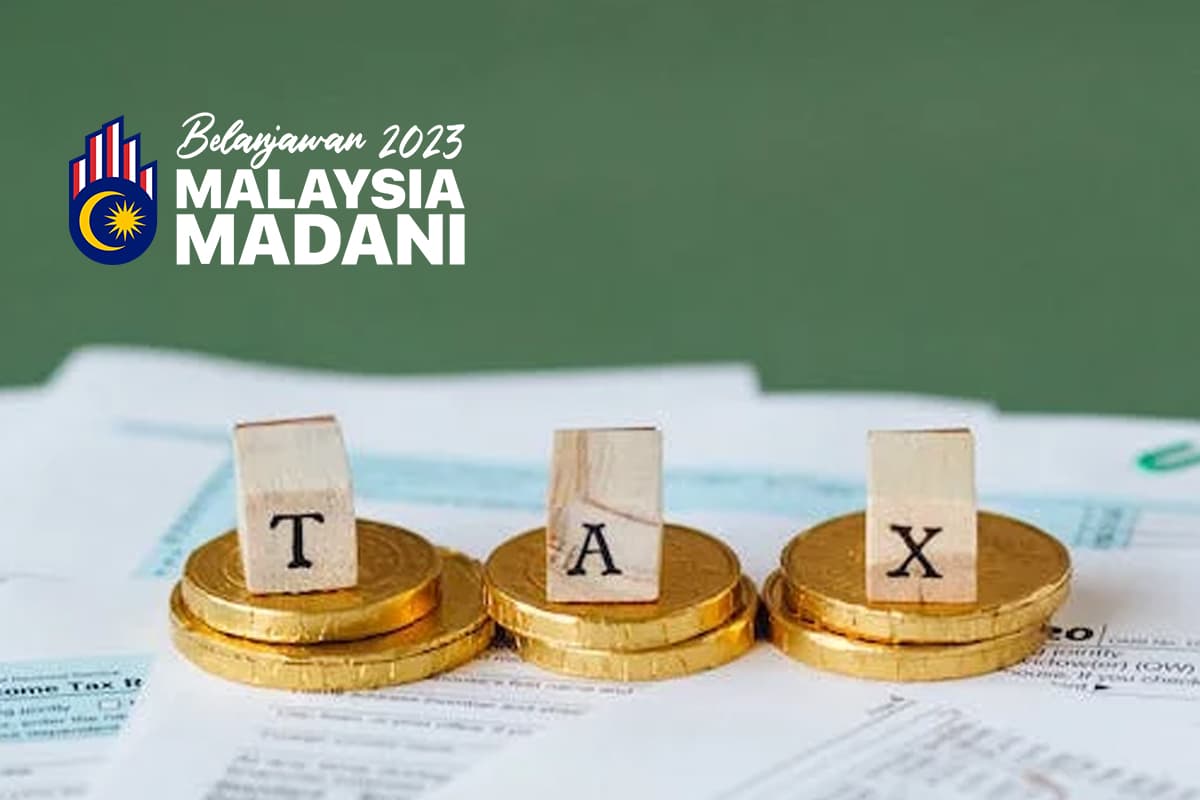
This article first appeared in The Edge Malaysia Weekly on February 27, 2023 - March 5, 2023
MALAYSIA’s plan to impose Capital Gains Tax (CGT) on the disposal of unlisted shares from 2024 could affect merger and acquisition (M&A), private equity (PE) and restructuring activities, experts say.
Yvonne Beh, a partner in the tax, trade and wealth management practice at Wong & Partners, tells The Edge: “This will definitely be something that companies will need to look at if they plan to do any disposal of unlisted shares as part of M&A, or even group restructuring or PE deals. But, of course, we don’t know the details yet on things like rates and exemptions. For example, will share transfers in an internal group restructuring be exempted? It will all really depend on how the government crafts the provisions and the ambit and scope of the CGT.”
Prime Minister and Finance Minister Datuk Seri Anwar Ibrahim, in tabling a revised budget for 2023, said that, in line with international best practices, the government is mulling imposing such a tax, at a low rate, from 2024. It plans to have engagement sessions with relevant parties to study the plan in detail.
It is worth noting that two of the largest financial markets close to home — Singapore and Hong Kong — do not impose a CGT. Thailand, Vietnam, Indonesia, Japan, India, China and Australia have some form of CGT in relation to the disposal of shares.
On what the possible “low rate” could be, Beh says: “We’ve never had a history of CGT in Malaysia, apart from the Real Property Gains Tax (RPGT). It is likely to depend on how much revenue the government is targeting from CGT.”
The fact that the government is considering CGT only on the disposal of unlisted shares and not a full-blown CGT is interesting, Deloitte Malaysia tax leader Sim Kwang Gek points out.
“This indicates that the government is taking a phased approach, before embarking on a full-blown CGT. Considerations such as impact on M&A activities in Malaysia, Malaysia’s attractiveness for inbound M&A, costs of doing business and tax treatment on losses arising from disposal of unlisted shares must be given weight,” she says.
“It is also common for companies to undertake restructuring of businesses for operational efficiency purposes, where share transfers may take place within the group. Will CGT be imposed on such transactions? It is important to assess the additional tax revenue that will be generated from the imposition of a CGT vis-à-vis the downside effects on businesses.
“Another important factor is the interaction between CGT and RPGT. Currently, disposal of shares of a real property company (RPC) is subject to RPGT. The imposition of CGT on the disposal of unlisted shares will raise questions on whether there will be different treatment on disposal of shares of an RPC and a non-RPC.”
Lavindran Sandragasu, a tax partner at PwC Malaysia, says the government could potentially collect sizeable sums from the CGT.
“There are actually several billion ringgit a year that change hands in relation to the sale of unlisted shares. You can even sell a privately owned group. Some of these transactions have significant valuations. So, I think, one of the [reasons] the government is considering this CGT is to capture those gains,” he tells The Edge.
He says the CGT rate that is imposed will depend on many factors. “In some countries, it is quite straightforward — they just follow the corporate income tax rate. So, if we take that position, then 24% is quite a hit. In other countries, even though their corporate tax rate is fairly high, they impose CGT of just 10% or 20%. Based on [Anwar’s] statement, I think he is just trying to slowly introduce it without too much disruption.”
Lavindran recalls that, as far back as 20 to 30 years ago, Malaysia had something called “estate duties” — which were later repealed — that had a similar effect as CGT. He believes Malaysia is looking to impose CGT on the disposal of unlisted shares, rather than listed shares, as imposing CGT on the latter would curb the development of financial markets.
Once CGT comes into effect, it will be tough to circumvent it. “As with most laws, there are likely to be anti-avoidance provisions for this. People can try to do their best to plan [around it]. But in some cases where they can’t, they may be caught under the CGT regime,” says Beh.
Save by subscribing to us for your print and/or digital copy.
P/S: The Edge is also available on Apple's AppStore and Androids' Google Play.
